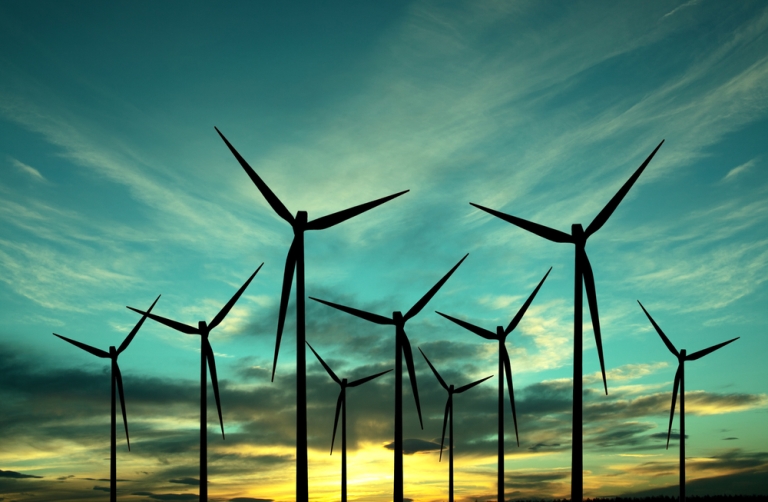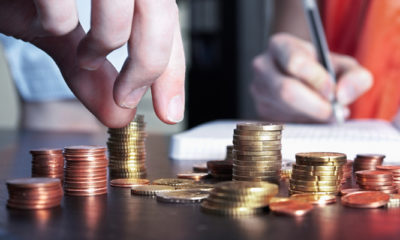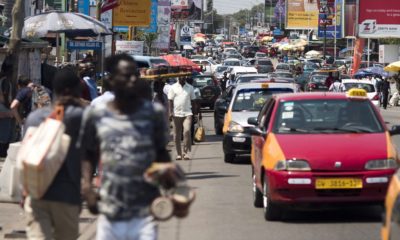The Federal Government has rolled out plans to ban the export of locally produced Liquefied Petroleum Gas (LPG), commonly known as cooking gas from November 1, 2024.
The export ban was announced by the Minister of State Petroleum Resources (Gas), Ekperikpe Ekpo through a statement by his spokesman, Louis Ibah, in Abuja on Tuesday.
According to the statement, the ban is a move by the Nigerian government to increase local production and supply which will help tackle the high gas price in the country.
The latest development comes after the Managing Director/Chief Executive Officer of the Nigerian Independent Petroleum Company (NIPCO) Plc, Suresh Kumar called out the Federal Government over the soaring price of cooking gas in the country.
Investors King reported that Kumar, at the recently concluded National Conference of the Nigerian Association of Liquefied Petroleum Gas Marketers 2024, held in Lagos, urged the Federal Government to encourage Dangote Refinery and other domestic refineries to produce LPG to help lower the soaring price.
Kumar decried the high rate of gas importation noting that over 60 percent of the cooking gas consumed in Nigeria is imported.
According to him, this reliance on importation is a major factor behind the high price of gas.
Kumar acknowledged that support for local refineries would boost cooking gas production and reduce LPG importation.
Speaking on the development, Ekpo announced the ban on the importation of cooking gas.
According to him, the ban which will take effect from November 1 was confirmed after a meeting with stakeholders in attempt to address the soaring price of gas.
Ekpo revealed that the Nigerian Midstream and Downstream Petroleum Regulatory Authority (NMDPRA) has been given a 90-day ultimatum to engage with stakeholders and reach an agreement on the pricing of the product.
The Minister warned that Nigerians would continue to pay higher prices for gas if the country persists in indexing its prices against external markets.
He said, “With effect from November 1, 2024, NNPCL and LPG producers are to stop exporting LPG produced in-country or import equivalent volumes of LPG exported at cost-reflective prices.”
“Pricing Framework: NMDPRA will engage stakeholders to create a domestic LPG pricing framework within 90 days, indexing price to cost of in-country production, rather than the current practice of indexing against external markets, such as the Americas and Far East Asia, whereas the commodity is produced in-country and the Nigerian people are required to pay much higher price for an essential commodity the country is naturally endowed with.”
To cushion the effect of this ban, the FG promised to build more facilities to blend, store, and deliver LPG.

 News3 weeks ago
News3 weeks ago
 Business3 weeks ago
Business3 weeks ago
 Technology3 weeks ago
Technology3 weeks ago
 Investment3 weeks ago
Investment3 weeks ago
 Banking Sector3 weeks ago
Banking Sector3 weeks ago
 Banking Sector3 weeks ago
Banking Sector3 weeks ago
 Appointments3 weeks ago
Appointments3 weeks ago
 Investment3 weeks ago
Investment3 weeks ago





























